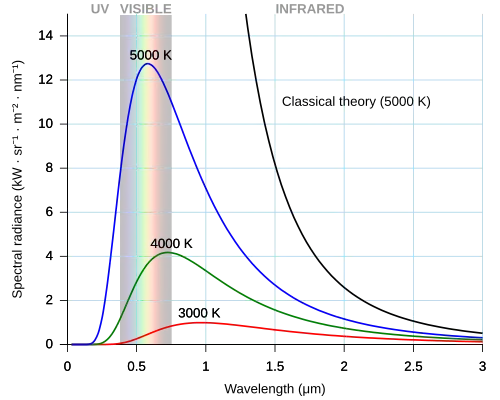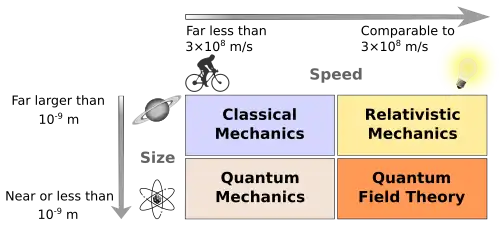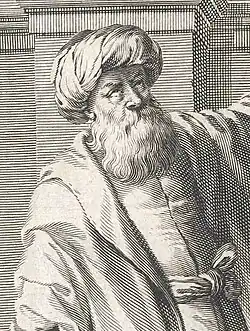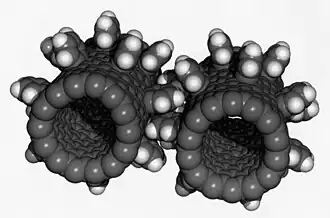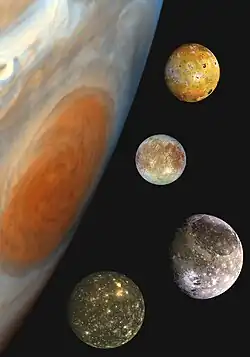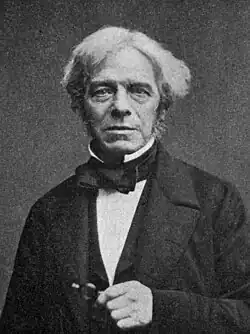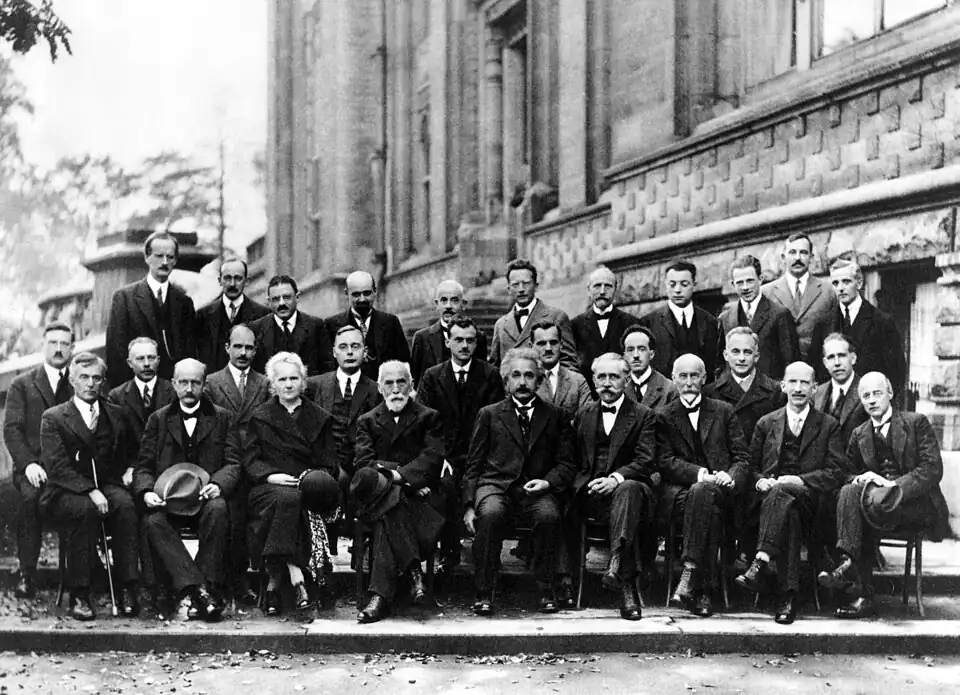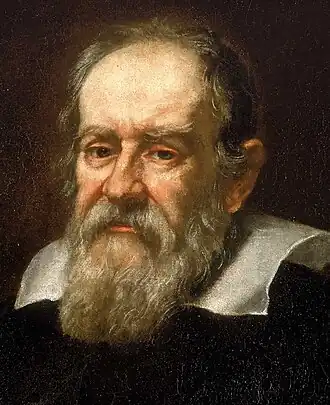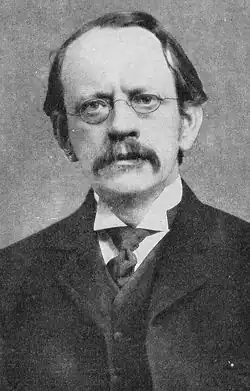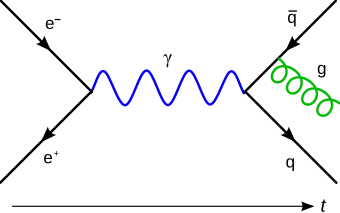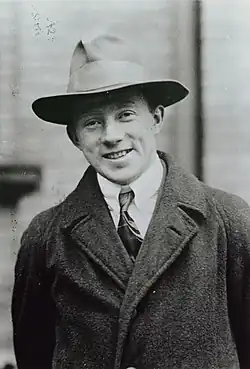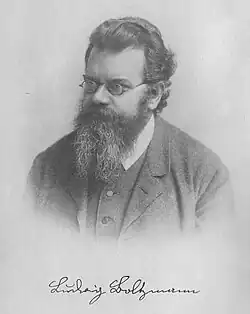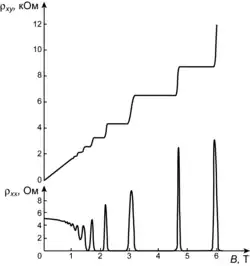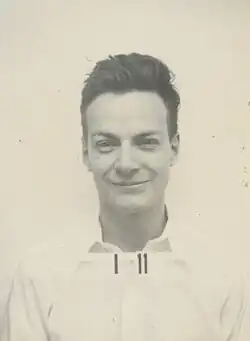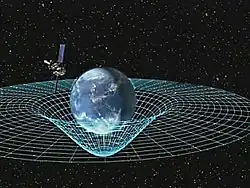Portal:Physics
The Physics Portal

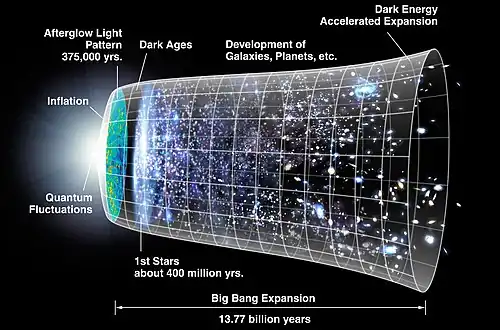
Physics is the scientific study of matter, its fundamental constituents, its motion and behavior through space and time, and the related entities of energy and force. It is one of the most fundamental scientific disciplines. A scientist who specializes in the field of physics is called a physicist.
Physics is one of the oldest academic disciplines. Over much of the past two millennia, physics, chemistry, biology, and certain branches of mathematics were a part of natural philosophy, but during the Scientific Revolution in the 17th century, these natural sciences branched into separate research endeavors. Physics intersects with many interdisciplinary areas of research, such as biophysics and quantum chemistry, and the boundaries of physics are not rigidly defined. New ideas in physics often explain the fundamental mechanisms studied by other sciences and suggest new avenues of research in these and other academic disciplines such as mathematics and philosophy.
Advances in physics often enable new technologies. For example, advances in the understanding of electromagnetism, solid-state physics, and nuclear physics led directly to the development of technologies that have transformed modern society, such as television, computers, domestic appliances, and nuclear weapons; advances in thermodynamics led to the development of industrialization; and advances in mechanics inspired the development of calculus. (Full article...)
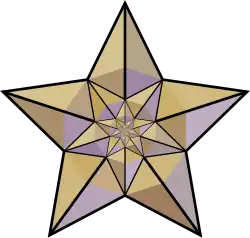 Featured article -
Featured article -

The Montreal Laboratory was a program established by the National Research Council of Canada in the 1940s during World War II to undertake nuclear research in collaboration with the United Kingdom, and to absorb some of the scientists and work of the Tube Alloys nuclear project in Britain. It became part of the Manhattan Project, and designed and built some of the world's first nuclear reactors.
After the Fall of France, some French scientists escaped to Britain with their stock of heavy water. They were temporarily installed in the Cavendish Laboratory at the University of Cambridge, where they worked on reactor design. The MAUD Committee was uncertain whether this was relevant to the main task of Tube Alloys, that of building an atomic bomb, although there remained a possibility that a reactor could be used to breed plutonium, which might be used in one. It therefore recommended that they be relocated to the United States, and co-located with the Manhattan Project's reactor effort. Due to American concerns about security (many of the scientists were foreign nationals) and patent claims by the French scientists and Imperial Chemical Industries (ICI), it was decided to relocate them to Canada instead. (Full article...)
Did you know -

- ... that Aristotle's ideas of physics held that because an object could not move without an immediate source of energy, arrows created a vacuum behind them that pushed them through the air.
- ... that there are up to 6 candidates for the Theory of everything, minus String theory and Loop quantum gravity?
Selected image -
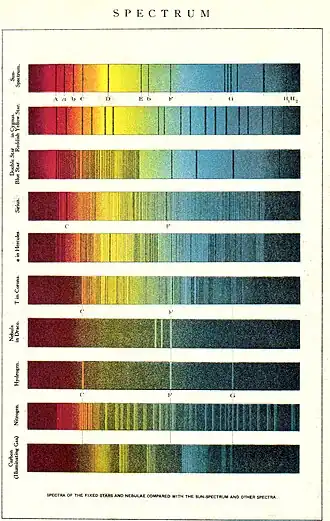
Astrophysics is a science that employs the methods and principles of physics and chemistry in the study of astronomical objects and phenomena. As one of the founders of the discipline, James Keeler, said, astrophysics "seeks to ascertain the nature of the heavenly bodies, rather than their positions or motions in space—what they are, rather than where they are", which is studied in celestial mechanics. (Full article...)
Related portals
 Good articles -
Good articles -
August anniversaries
- 2 August 1932 – The positron is discovered by Carl D. Anderson.
- 2 August 1939 – Einstein and Leó Szilárd urge Franklin D. Roosevelt to begin the Manhattan Project.
- 3 August 1958 – USS Nautilus under the Arctic ice cap.
- 3 August 1972 – U.S. Senate ratifies Anti-Ballistic Missile Treaty.
Birthdays
- 1820 - John Tyndall 2 August
- 1871 - Ernest Rutherford 30 August
- 1887 - Erwin Schrödinger 12 August
- 1902 - Paul Dirac 8 August
- 1931 – Roger Penrose 8 August
- 1934 - Valery Bykovsky 2 August
- 1951 - Edward Witten 26 August
- 1959 – Koichi Tanaka 3 August
- 1776 - Amedeo Avogadro. 9 August
Deaths
- 2 August 1922 – Alexander Graham Bell
- 3 August 1942 – Richard Willstätter, Nobel laureate
- 28 August 2006 - Melvin Schwartz, Nobel laureate
General images
Categories

Fundamentals: Concepts in physics | Constants | Physical quantities | Units of measure | Mass | Length | Time | Space | Energy | Matter | Force | Gravity | Electricity | Magnetism | Waves
Basic physics: Mechanics | Electromagnetism | Statistical mechanics | Thermodynamics | Quantum mechanics | Theory of relativity | Optics | Acoustics
Specific fields: Acoustics | Astrophysics | Atomic physics | Molecular physics | Optical physics | Computational physics | Condensed matter physics | Nuclear physics | Particle physics | Plasma physics
Tools: Detectors | Interferometry | Measurement | Radiometry | Spectroscopy | Transducers
Background: Physicists | History of physics | Philosophy of physics | Physics education | Physics journals | Physics organizations
Other: Physics in fiction | Physics lists | Physics software | Physics stubs
Physics topics
Classical physics traditionally includes the fields of mechanics, optics, electricity, magnetism, acoustics and thermodynamics. The term Modern physics is normally used for fields which rely heavily on quantum theory, including quantum mechanics, atomic physics, nuclear physics, particle physics and condensed matter physics. General and special relativity are usually considered to be part of modern physics as well.
More recognized content
Associated Wikimedia
The following Wikimedia Foundation sister projects provide more on this subject:
-
Commons
Free media repository -
Wikibooks
Free textbooks and manuals -
Wikidata
Free knowledge base -
Wikinews
Free-content news -
Wikiquote
Collection of quotations -
Wikisource
Free-content library -
Wikiversity
Free learning tools -
Wikivoyage
Free travel guide -
Wiktionary
Dictionary and thesaurus
Sources
Portals on Wikipedia
-
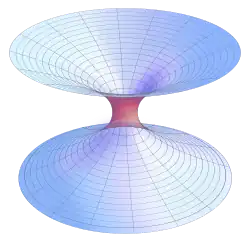 List of all portals
List of all portals -

-

-

-
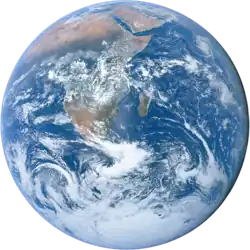
-

-

-

-

-

-
 Random portal
Random portal -
 WikiProject Portals
WikiProject Portals

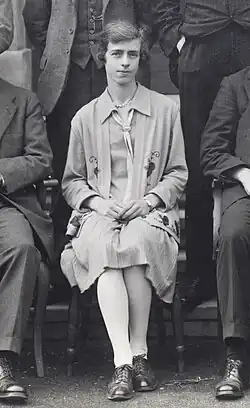
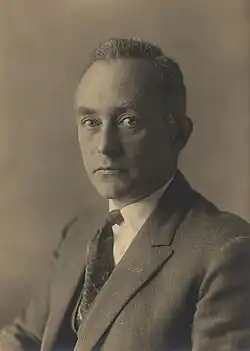
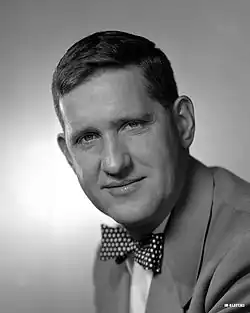
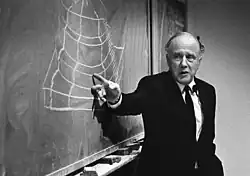
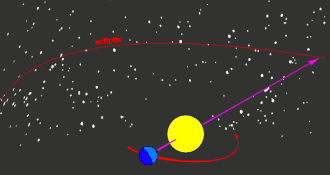
.jpg)

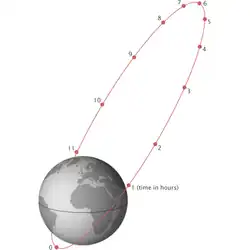
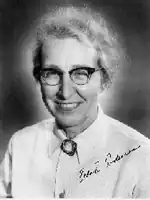
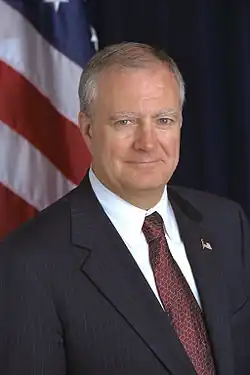
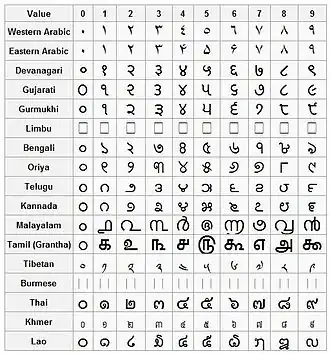
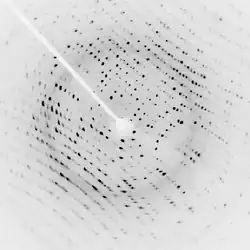

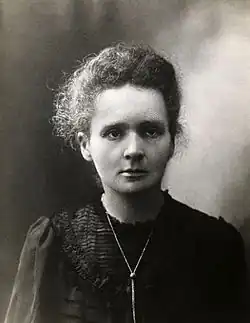

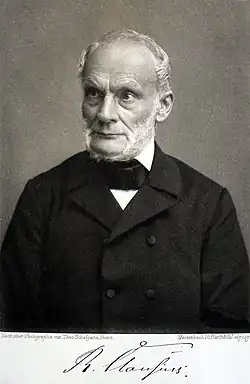
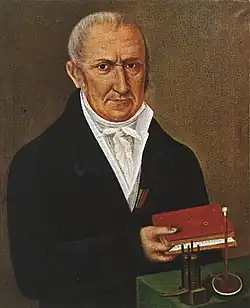
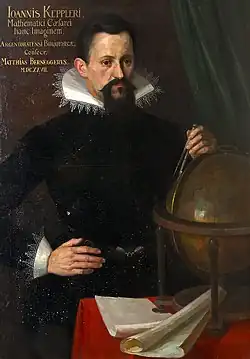
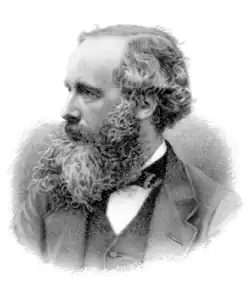
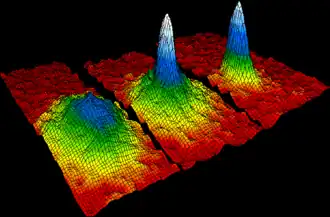


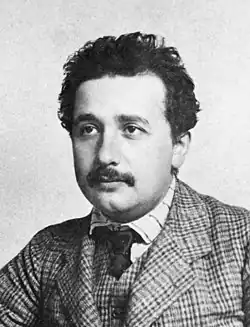

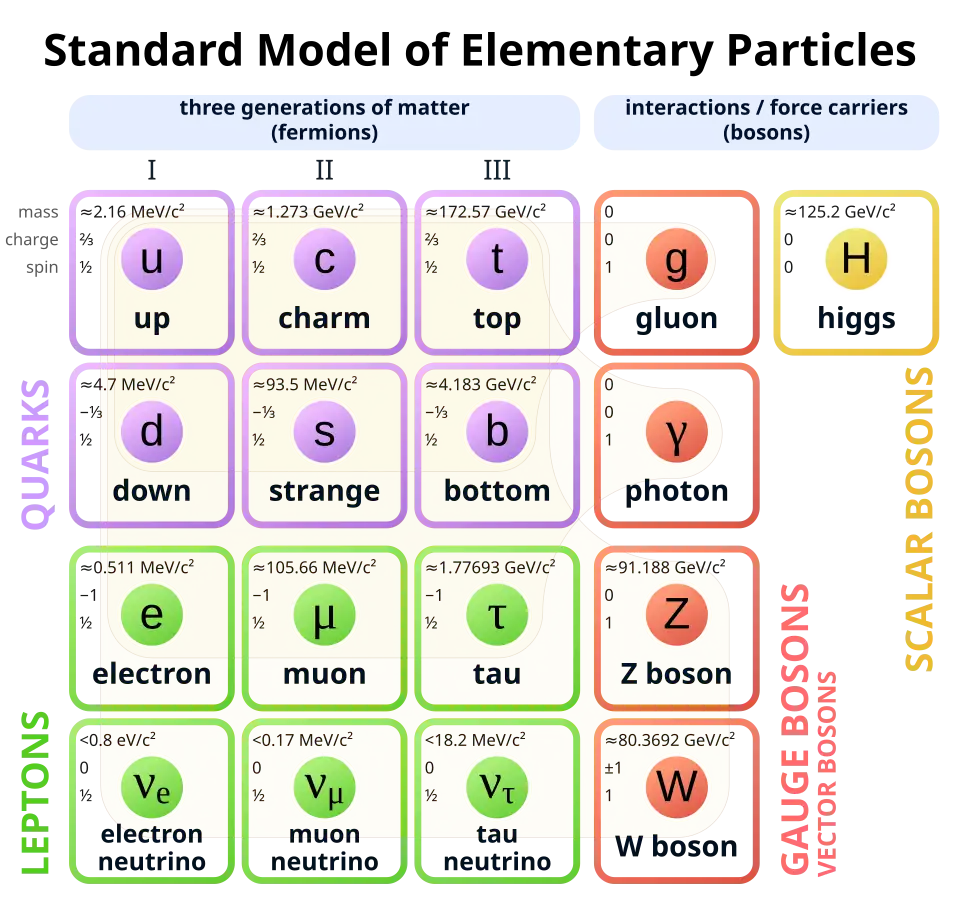
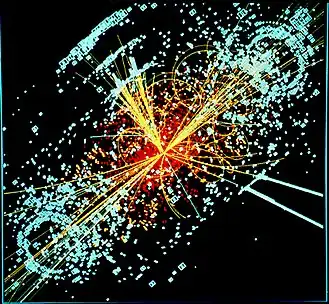
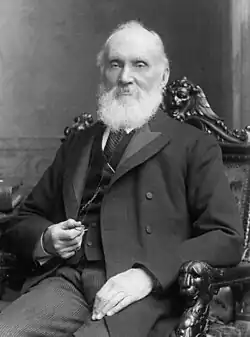
_in_1958.jpg)
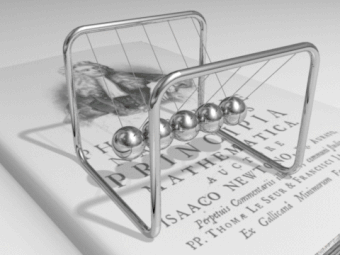
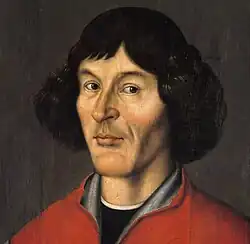
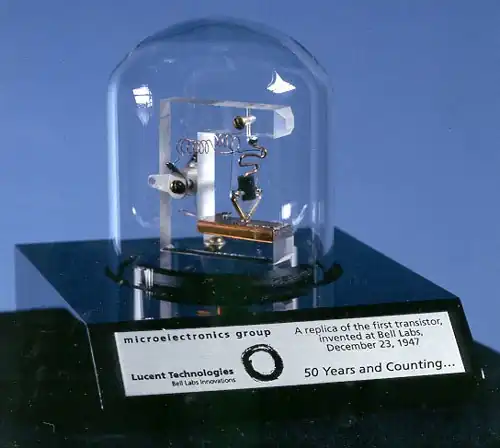
-Portrait-Portr_10971.tif_(cropped).jpg)

